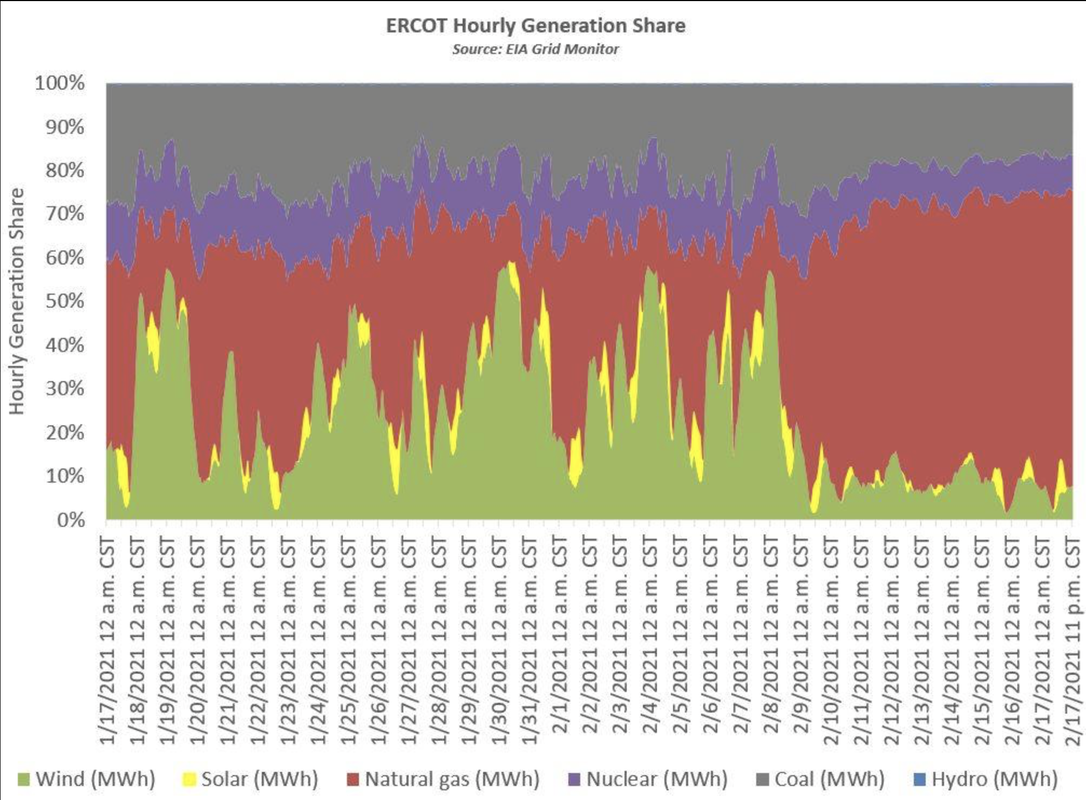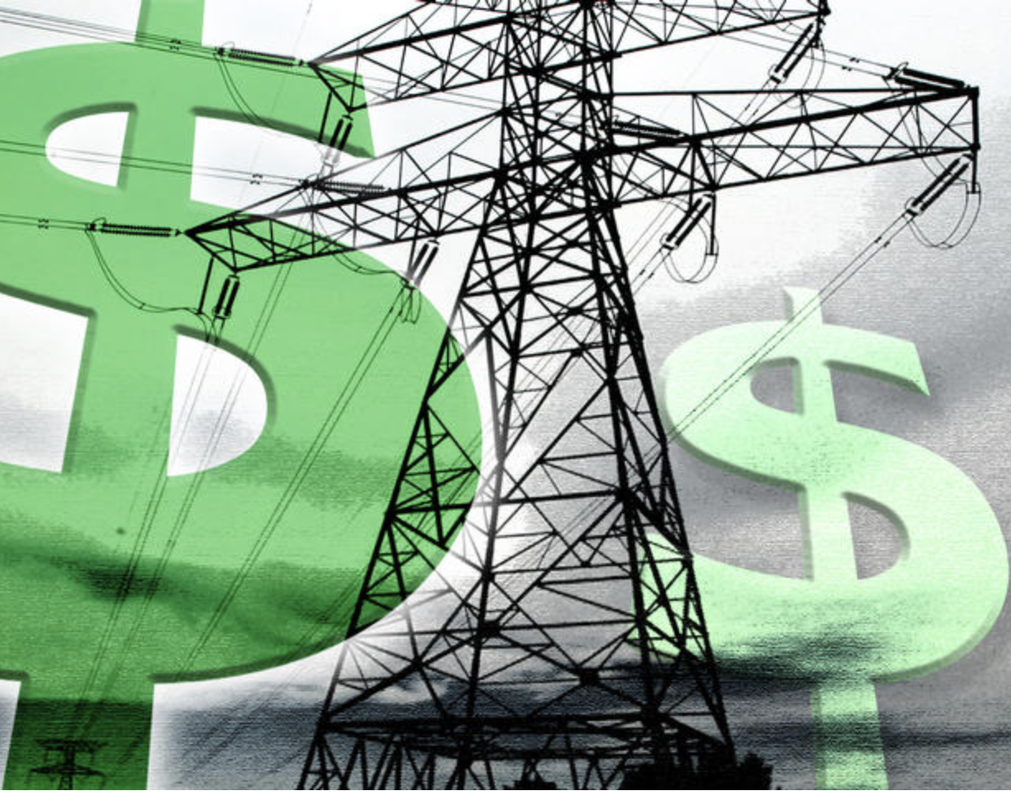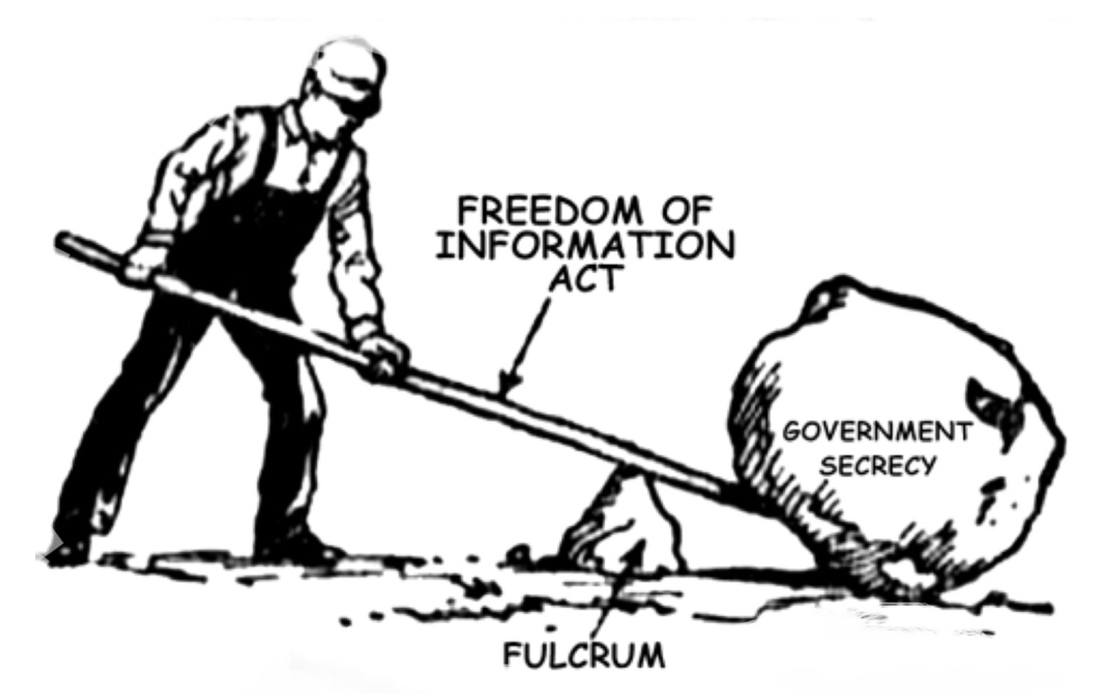It’s the classic Smokey And The Bandit problem. How to get what you need here when most of it is located over there. In the movie, it was about beer: “They’re thirsty in Atlanta and there’s beer in Texarkana.” In America today, it’s about electricity. America has access to lots of renewable energy but it tends to be over the hills and very far away in places like Wyoming or Quebec. Where it’s needed is in the big cities and industrial centers. How to get the supply to where the demand exists is the problem.
But anyhow... it's absolutely NOT TRUE that renewable energy is exclusively located in "very far away" places. It's just that very special city dwellers of a certain political persuasion have convinced each other of their special-ness, and their ability to be so much gosh darn smarter than goofy hillbillies of a different political persuasion located in very far away places. Really... you're not all that.
They're thirsty for energy in Washington, D.C. and there's energy in West Virginia! They're thirsty for chemicals, fertilizer, teflon pans and other smelly and dangerous manufactured goods in the city as well, however they don't want them bad enough to foul their own nest. And why should they when another state volunteers to foul its own nest to supply cheap, messy goods for city dwellers? Herein lies last century's problem.
In modern times, we recognize a moral obligation to supply our own needs without trashing someone else to get them. Don't want centralized energy generators industrializing your community? Don't want your city parks filled with solar panels, or your beaches lined with wind turbines? Guess what? Very far away places don't want it either! And they want to be burdened with infrastructure that serves the needs of others even less.
There's absolutely no reason why coastal cities can't be filled with solar panels and lined with wind turbines. If that energy source doesn't suit you, find another way to generate the energy you need. What's not acceptable is trashing pristine places very far away with industrial energy infrastructure, and then imposing on everyone between you and that place to make way for your special renewable energy transmission line. None of this infrastructure benefits the people in the very far away places and actually harms their productivity, health and well-being.
Wake up, Gramps! Coors is crap beer. You can get something much better brewed in your own community these days. Gosh, by golly, gee whiz gramps! Doggone it, you've done it again, by gum! Has anyone seen my Metamucil?



 RSS Feed
RSS Feed